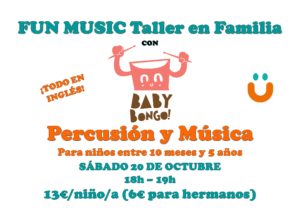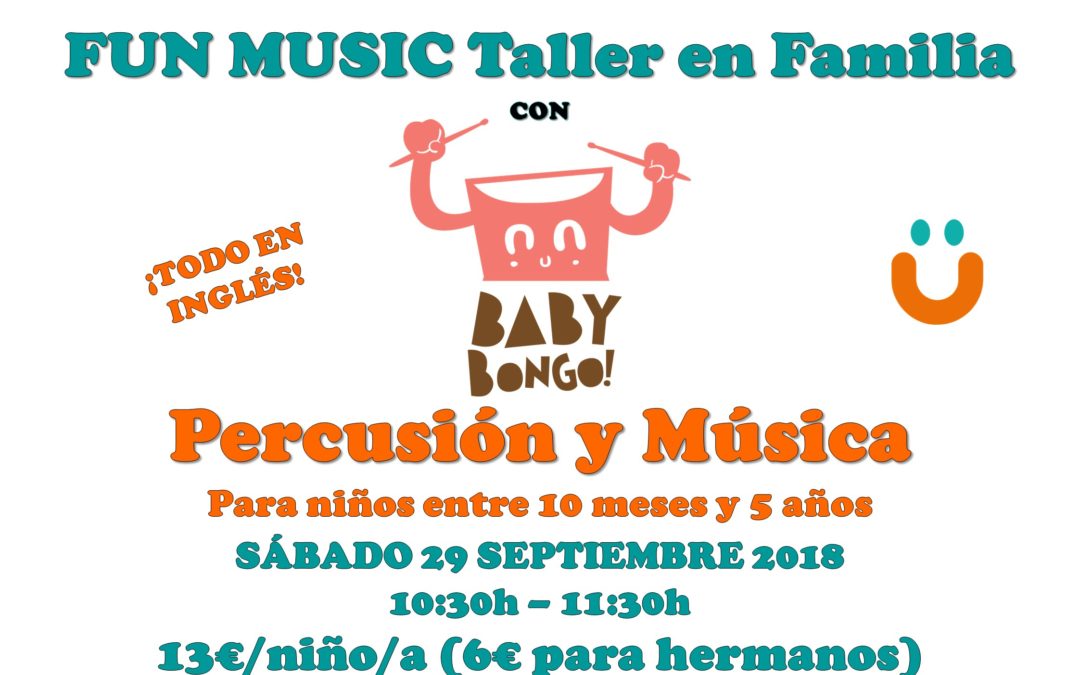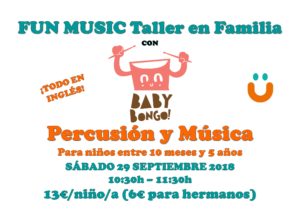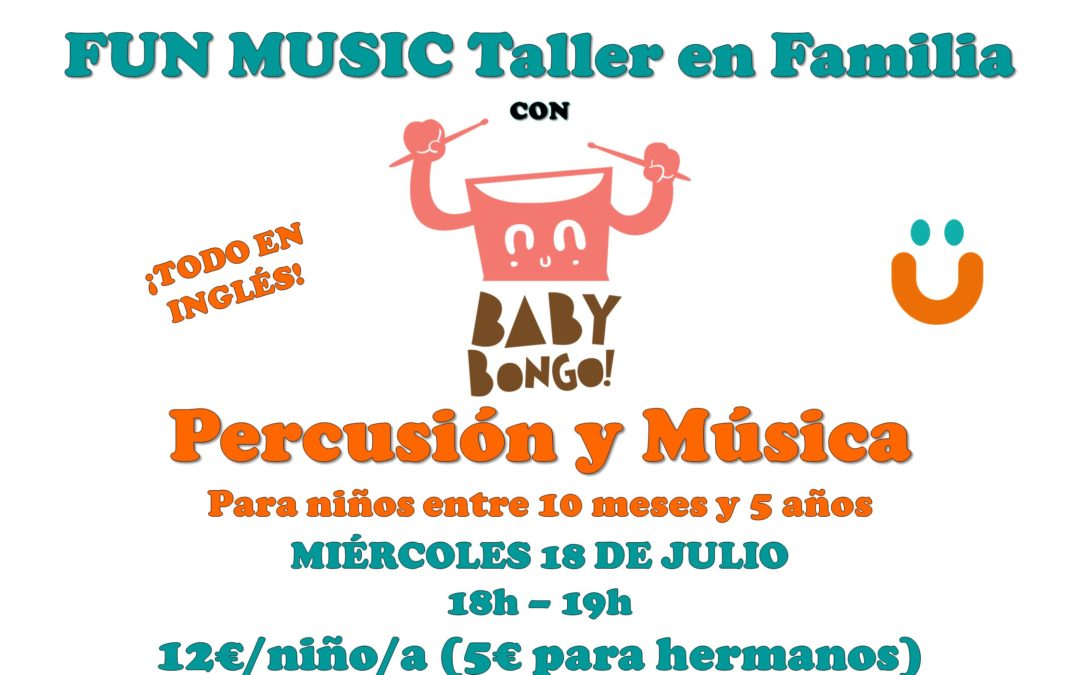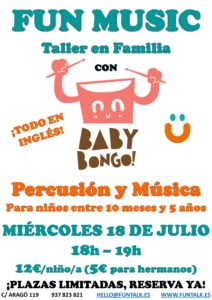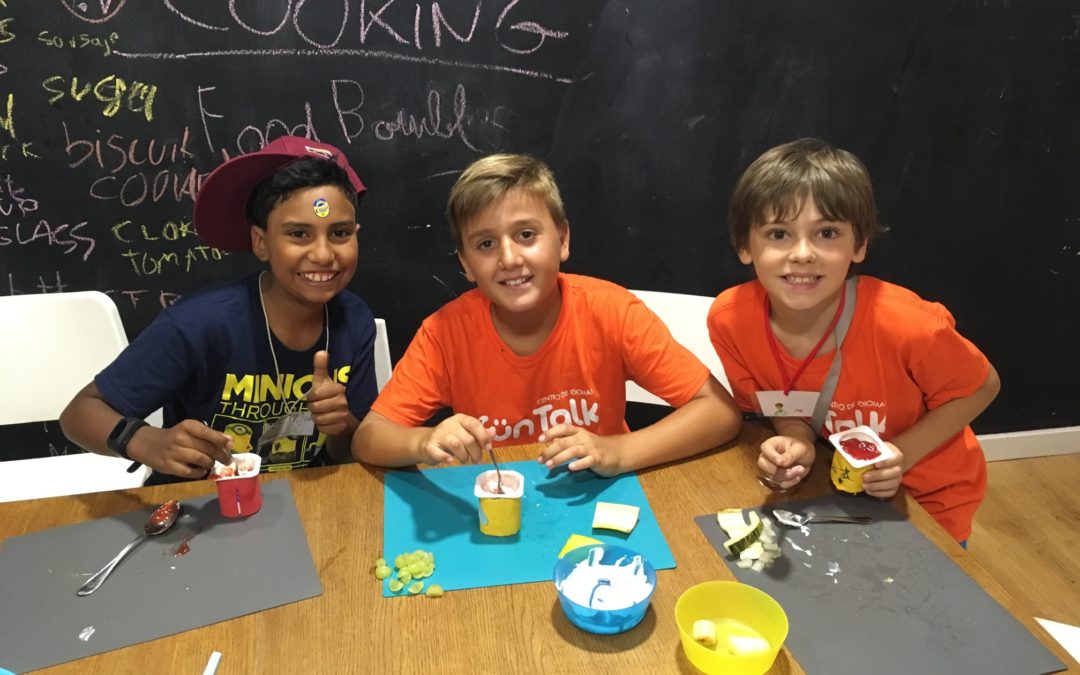
How can parents encourage their children to learn English?
Different ways to help your child learn English
Parents often wonder what they can do to support their children’s learning at home. Whether it is math, science or English as a second language, parental involvement in their child’s education is essential to the child’s success in school and in the learning process. This is especially true when the child is learning English, as he/she has very little opportunity to listen to, practice and use English outside of the 3-4 hours per week spent in English class. So, if you’ve been wondering what you can do to help your child learn English, here are some tips you can do at home (or anywhere, really!) that will advance your child’s English skills even faster.
Motivate them through technology
Similarly, and also for older children and teenagers, make sure that your devices and game consoles are set to English and, more importantly, that the game is in English. Few things motivate children and teenagers more than technology. And no wonder: as digital natives, our children’s generation was born into a world where technology is not only everywhere, but indispensable in our daily lives.
 Where there is motivation, there is interest and, therefore, better learning. Buy your child’s next video game in English and create the need for him to learn the words used and understand the language being spoken. For older teens, multiplayer video games are a great way for them to practice their English speaking skills with other gamers from around the world who do not speak their language.
Where there is motivation, there is interest and, therefore, better learning. Buy your child’s next video game in English and create the need for him to learn the words used and understand the language being spoken. For older teens, multiplayer video games are a great way for them to practice their English speaking skills with other gamers from around the world who do not speak their language.
Here are a few websites where your children can play games, watch interactive videos and even write stories in English while
while having fun:
- National Geographic Kids
- British Council
- PBS
- FunBrain Jr
- The EFL Playhouse
- ESL Kids
- HighlightsKids
- It’s not exactly a game, but it’s one of my favorites: a story starter to get children’s imaginations going and inspire them to write a story in English: The Story Starter.
Music is deeply linked to memory
Finally, I want to share one of the most effective yet simple English teaching methods that teachers use in their classrooms: !the songs and rhythms! The music is repetitive and rhythmic, which helps us to learn English more easily and in an enjoyable way.
 When a person listens to a song over and over again, he or she begins to learn the words little by little, then the structures, and during this process is learning pronunciation, intonation, rhythm and pitch. In addition, listening to music and singing is fun and motivating for children, as well as a good way for them to gain confidence and practice their speaking skills. Cambridge suggests “for children aged 5 to 11, choosing songs with lots of rhyming words and rhythms that are repeated. This makes it easier for children to learn new words and start singing along.” On the other hand, for older teenagers, songs are the perfect opportunity to combine their interests with learning English. They will definitely be motivated to understand and learner a song in English if you enjoy listening to it. Take a look at Lyrics Training to find a fun and interactive music listening game.
When a person listens to a song over and over again, he or she begins to learn the words little by little, then the structures, and during this process is learning pronunciation, intonation, rhythm and pitch. In addition, listening to music and singing is fun and motivating for children, as well as a good way for them to gain confidence and practice their speaking skills. Cambridge suggests “for children aged 5 to 11, choosing songs with lots of rhyming words and rhythms that are repeated. This makes it easier for children to learn new words and start singing along.” On the other hand, for older teenagers, songs are the perfect opportunity to combine their interests with learning English. They will definitely be motivated to understand and learner a song in English if you enjoy listening to it. Take a look at Lyrics Training to find a fun and interactive music listening game.
And if you want to go further…
If you are already doing all of the above or just want more ideas to help your child improve their English even more, here are some out-of-the-ordinary ideas you may not have considered:
- Sometimes the simple things are the most effective. Simply talking about English classes or learning English helps your child reflect on what he or she has learned and consolidate his or her memory. Ask him about a word he learned that day or a game or activity that made him happy and encourage him to talk.
- Get out the label maker (or just use post-its) and help your kids learn the words for the most common objects in English by labeling them. r
 epetition is key to memory retention, so if every time your child wants to use his favorite toy truck, he sees “TRUCK” written on it, he’s sure to remember it and start using it in the future.
epetition is key to memory retention, so if every time your child wants to use his favorite toy truck, he sees “TRUCK” written on it, he’s sure to remember it and start using it in the future. - Fancy spending some time with your child on a nice Sunday morning? Prepare with them a delicious recipe or a nice craft following the instructions in English. Go to the Highlight Kids youtube channel and search for your favorite recipe or craft; help your child learn basic English instructions and vocabulary, while having fun and learning life skills. Active learning, or learning by doing, is one of the best ways to help your child learn English.
- Learning English yourself is the best way to help your child make progress in learning English. Being able to use the language with them is a great opportunity for them to practice their speaking and listening skills. In addition, learning together can be a very motivating experience for children.
And of course… let’s see it in English.
We’ll end with the easiest but also the one that will end up influencing your child quite a bit: put the TV (or streaming platform) in English. During the early development of the child, the brain acquires and develops all the sounds that belong to its mother tongue, so that the child is able to use them in vocal speech.
 The brain does this by analyzing everything the child hears and transforming it into mouth movements that the child can imitate to produce a specific sound. How many times did you repeat “mommy” or “daddy” to your child before he or she was able to say it? They have to hear a word said on different occasions, by different people, before they try it. You can help your child learn English by exposing him to the sounds and rhythm of the English language so that it will be easier for him to repeat them in the future. If you think that changing the scenario is not enough, you can try more practical strategies. Help your child become aware of sounds by playing with refrigerator magnets: start with “cat” and then change one letter to make “mat” or “bat.” Children also love silly tongue twisters that unknowingly help them differentiate and practice similar sounds. Another alternative that will be great fun for your children is to make letters with pipe cleaners, plasticine or even food, and practice the sounds with them.
The brain does this by analyzing everything the child hears and transforming it into mouth movements that the child can imitate to produce a specific sound. How many times did you repeat “mommy” or “daddy” to your child before he or she was able to say it? They have to hear a word said on different occasions, by different people, before they try it. You can help your child learn English by exposing him to the sounds and rhythm of the English language so that it will be easier for him to repeat them in the future. If you think that changing the scenario is not enough, you can try more practical strategies. Help your child become aware of sounds by playing with refrigerator magnets: start with “cat” and then change one letter to make “mat” or “bat.” Children also love silly tongue twisters that unknowingly help them differentiate and practice similar sounds. Another alternative that will be great fun for your children is to make letters with pipe cleaners, plasticine or even food, and practice the sounds with them.
In the end, everything counts and anything you can do at home will help your child develop their English language skills, so try at least one of our tips.
References:
https://www.tesol.org/docs/default-source/advocacy/tesol-community-and-family-toolkit.pdf?sfvrsn=0
https://www.britishcouncil.org/voices-magazine/ten-ways-support-your-childs-english-learning-home
https://www.britishcouncil.org/voices-magazine/how-young-children-learn-english-through-play
https://esl.yourdictionary.com/about-esl/how-parents-help-their-esl-children-learn-english.html
Johns Vaseekaran, D.J. (2018). Educational psychology.
 epetition is key to memory retention, so if every time your child wants to use his favorite toy truck, he sees “TRUCK” written on it, he’s sure to remember it and start using it in the future.
epetition is key to memory retention, so if every time your child wants to use his favorite toy truck, he sees “TRUCK” written on it, he’s sure to remember it and start using it in the future.




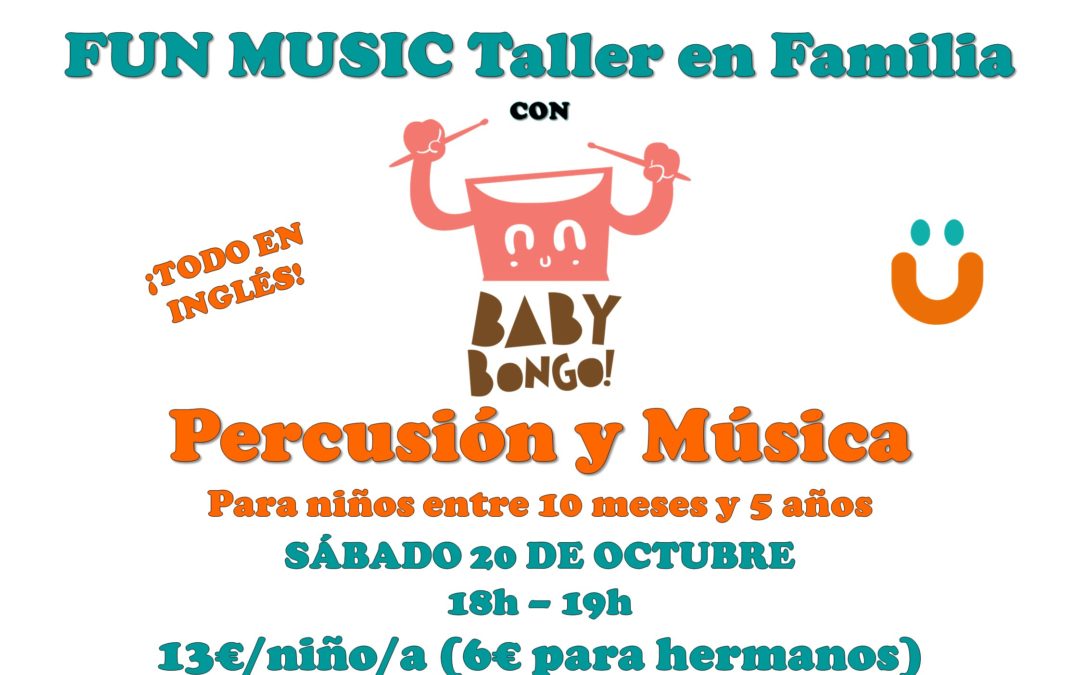
 parents!) learn rhythm, music, and English at the same time! Stephen sings and plays guitar while children and parents play various percussion instruments. Together they explore the unique names and sounds of each piece of music and play games and activities with the instruments.
parents!) learn rhythm, music, and English at the same time! Stephen sings and plays guitar while children and parents play various percussion instruments. Together they explore the unique names and sounds of each piece of music and play games and activities with the instruments. 